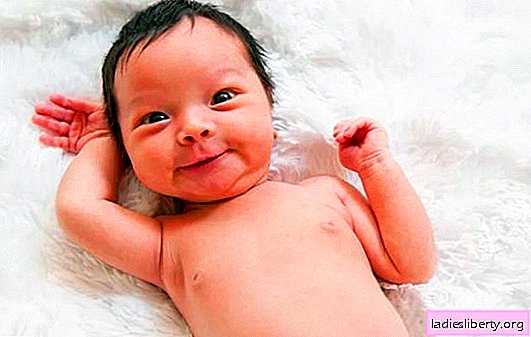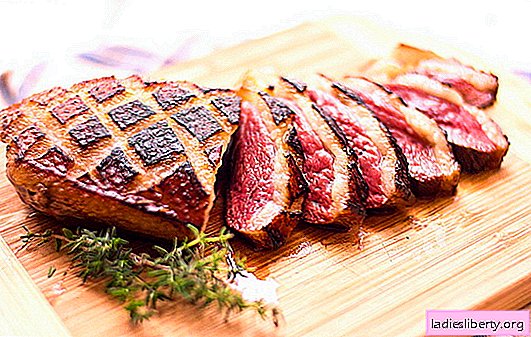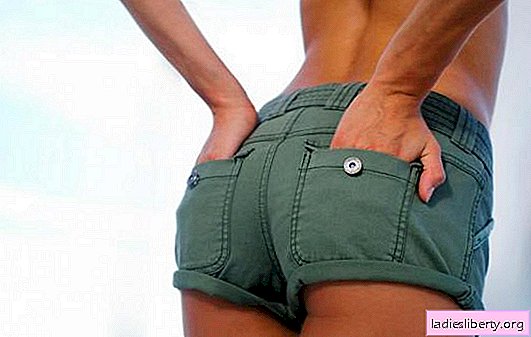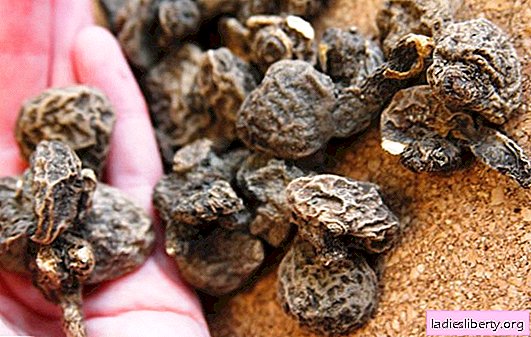
When a baby appears in the family, one of the questions that comes to the minds of young mothers is: a newborn often hiccups - why and what to do !?
Mommies need to know that the baby's hiccups begin at the moment when the diaphragm begins to contract, and the vocal cords begin to close very quickly. This is precisely what causes hiccups.
Fun stuff or a huge problem?
Hiccups can be found in both adults and older children very often. And if for most people this is a fairly common occurrence, then if babies start to hiccup, the anxiety of parents knows no bounds. Some immediately rush to consult a pediatrician, while others try to deal with this problem at home. In this article we will try to figure out why the newborn often hiccups. The reasons for what to do are all that will be mentioned. After all, it is very important that young mothers and fathers not only understand why hiccups begin, but also how to deal with it and what to pay close attention to.
Since, as a rule, hiccups interfere with adults, they believe that babies also experience a lot of inconvenience because of it. But at karapuzikov any discomfort does not arise. Many babies can even sleep while they are overwhelmed by hiccups. And, as a rule, it has no effect on the breathing of tiny creatures.
Most episodes with a hiccup can last from a few minutes to an hour. But no matter how long they last, it’s not worth worrying. By the way, hiccups seem like a pretty funny thing to many kids. Anyway, hiccups of crumbs are a completely normal body reflex.
What is this hiccup?
Before looking for an answer to the question why a newborn hiccups often (reasons for what will be noted in this article), you need to find out what this hiccup is, which is talked about so much, and what is the period in this state for a baby to be dangerous and which is not.
If the baby's hiccups continue within a quarter of an hour, there is no reason to worry. In this state, there is no danger to the baby, most often the hiccups pass without requiring any outside help. But if hiccups last 15 minutes and longer - half an hour, an hour, then we must resort to medical care. Because such a prolonged state may mean that something is happening in the baby’s body.
This happens infrequently, but in some cases, a long-lasting hiccup can serve as evidence of pneumonia, digestive tract disease, or even spinal cord injury.
That is why it is better to get specialist advice if the baby's hiccups last more than twenty minutes.
Why do crumbs hiccup so often?
Hiccups in a newborn baby should not surprise his parents, because all babies are born with the underdevelopment of two systems - the nervous and digestive. Therefore, in order for them to adapt to a new life - outside the mother’s body - it will take quite a lot of time.
If the baby hiccups too often, mothers and fathers think that their little ones are not in good health. But in the vast majority of cases, hiccups in babies are caused by such reasons:
- Hiccups can begin immediately after feeding, or even during it. This is due to the fact that, with food, the baby swallows a lot of air (he either incorrectly captured the mother’s nipple, or the hole in the feeding bottle is too large); the causes of hiccups include the overflow of the baby’s stomach (it stretches and puts pressure on the diaphragm), flatulence, bloating;
- the second most frequent cause is hypothermia of the entire torso or hilt legs of the toddler. Young parents may notice that as soon as the fingers get colder, the hiccups begin, which disappears immediately after the body temperature has returned to normal;
- immature diaphragm - if a crumb diaphragm contracts irregularly and suddenly, it often hiccups. The baby grows, the contractions of its diaphragm, along with the muscles between the stomach and ribs, gradually synchronize and become stronger, and due to this, both the frequency and severity of hiccup episodes decrease;
- sometimes uninterrupted hiccups indicate that the baby has serious illnesses. For example, hiccups occur due to any inflammatory diseases of the digestive system or respiratory system, as well as encephalopathy, congenital malformations of the spinal cord and other ailments;
- Mom’s diet - the baby may hiccup due to mom’s diet. What she eats or drinks, all consumed substances are transmitted to the baby through breast milk. If the mother eats peanuts, chocolate, citrus fruits, eggs before feeding the baby, there is a high probability that the baby will hiccup. Therefore, in order to avoid this, it is necessary to stop the use of such products at least an hour before feeding;
- irritants in the air - babies have a very sensitive respiratory system, so any irritant that is carried through the air (intense aroma, pollution, vapors) can cause a cough. He, in turn, presses on the diaphragm, that - vibrates. From this begins hiccups.
Types of help that can be used for hiccups
If the baby is suffering from hiccups, you can try the following tips. In just one episode, try one option.
The easiest way is to breastfeed your baby. After all, hiccups begin with irritation of the diaphragm. And when the baby sucks a little breast milk, then it, slowly entering the body, leads to the diaphragm relaxing and returning to its normal movement.
You can offer the little one a little sugar. This was done a long time ago. If the baby is already quite old to eat solid food, then you can put a little sugar crystals under his tongue. If he is still very small, then you can just dip his nipple in sugar syrup, just prepared and put the nipple in the baby’s mouth. You can dip your finger in this syrup and give it a crumb. Pay attention: mom must ensure that both the nipple and finger are clean. Thanks to sugar, the tension in the diaphragm of the baby will be weakened, which will stop his hiccups.
After each feeding it is necessary to keep the baby in an upright position - "ground squirrel". This should be done in about a quarter of an hour. So it will be possible to keep the diaphragm in its natural position and muscle flutter will not happen. You can neatly and easily stroke the back of the peanut so that it burps. Due to this, the air that the baby swallowed during feeding will come out.
Massage the back of the baby. This is perhaps the second easiest way to get rid of a hiccup. You should place the baby in an upright sitting position and gently rub his back from the lower back to the shoulders in a circular motion. You can put the baby on the tummy and do everything the same way. You don’t have to push too much, because the idea of these hand movements is to weaken the voltage in the diaphragm.
You can try to give your baby dill water. The benefits of it have not been scientifically proven. And yet, this is one of the most popular solutions to treat the gastric discomfort that caused hiccups in babies. But you need to get the advice of a pediatrician before offering this little water to your little one.
What can not be done when the baby hiccups
In no case should you scare the baby if he begins to hiccup. As a rule, cotton is used for this from a burst plastic bag. In this case, the only result is the damage to the baby eardrums.
Sour candies are appropriate for adults, but for kids they are definitely not suitable. Even if the child is already one year old, sour candies or other sour foods should not be given to him to relieve hiccups. The edible acid powder found in most sour candies is not suitable for crumb health.
Doctors forbid "from breathing" to clap on the back of the baby. In his skeleton, the ligaments are still malleable, so any use of brute force causes them significant damage. It is for this reason that you can not slam the baby on the back so that he stops hiccuping. You can just knock lightly, but excessive use of force will be inappropriate.











